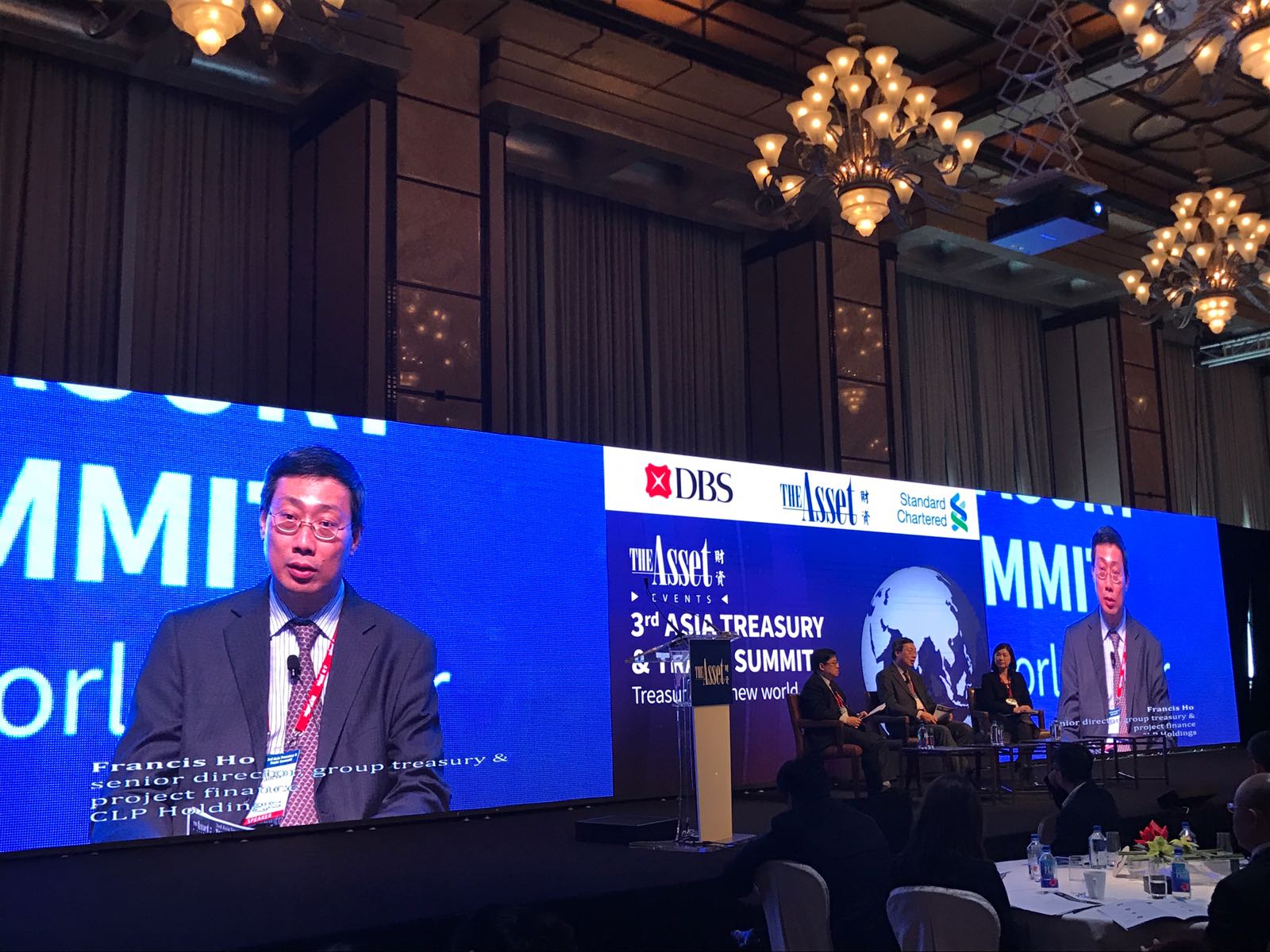Chief financial officers (CFOs) and treasurers want to see more consistency and transparency in government efforts to internationalize the renminbi as this will allow them to cope better with the swinging market sentiment and long-term decision making, according to experts at The Asset 3rd Asia Treasury & Trade Summit being held at the Four Seasons, Hong Kong.

“I would say we need more fine-tuning of the policies. We’ve talked about issues of money moving in and moving out which have resulted in uncertainties that make it difficult for treasurers, banks and investors to make decisions,” says Ivan Chung, associate managing director, head of Greater China credit research and analysis at Moody’s Investor Service.
“We understand its moving towards internationalization but this has resulted in swinging sentiment. We need clarity in terms of policy growth, game plan and timeline that will allow us to prepare better. We understand it won’t happen over night but at the same time we need to know how they will be implemented it in the medium term because this will be useful for us to do our own planning,” Chung says.
Apart from clarity, CFOs also agree that there is a need for more transparency on the part of regulators when it comes to policy making.
“We need a high-level of transparency, more long-term rather than tightening up then relaxing control,” says Francis Ho, senior director, group treasury & project finance of CLP Holdings.
“At this point, the Chinese people have collectively diversified (their investments) which will lead to a one way market where it will be difficult to do hedging for transactions. I think this is another point that we need to be aware of. More opening of the market leads to a higher level of volatility that requires more consistent planning and early action,” Ho says.
“The regulator is trying to open up the capital market, not only the CIBM (China Interbank Bond Market) but also the onshore FX market. These are very big steps. Gradually there will be more balance between inflow and outflow. In the past, the policy direction was at one time encouraging outflow, then suddenly stop the outflow and move to inflow. More balance between inflow and outflow will lead to the full journey of renminbi internationalization,” says Carmen Ling, managing director & head, global RMB of Standard Chartered Bank.









